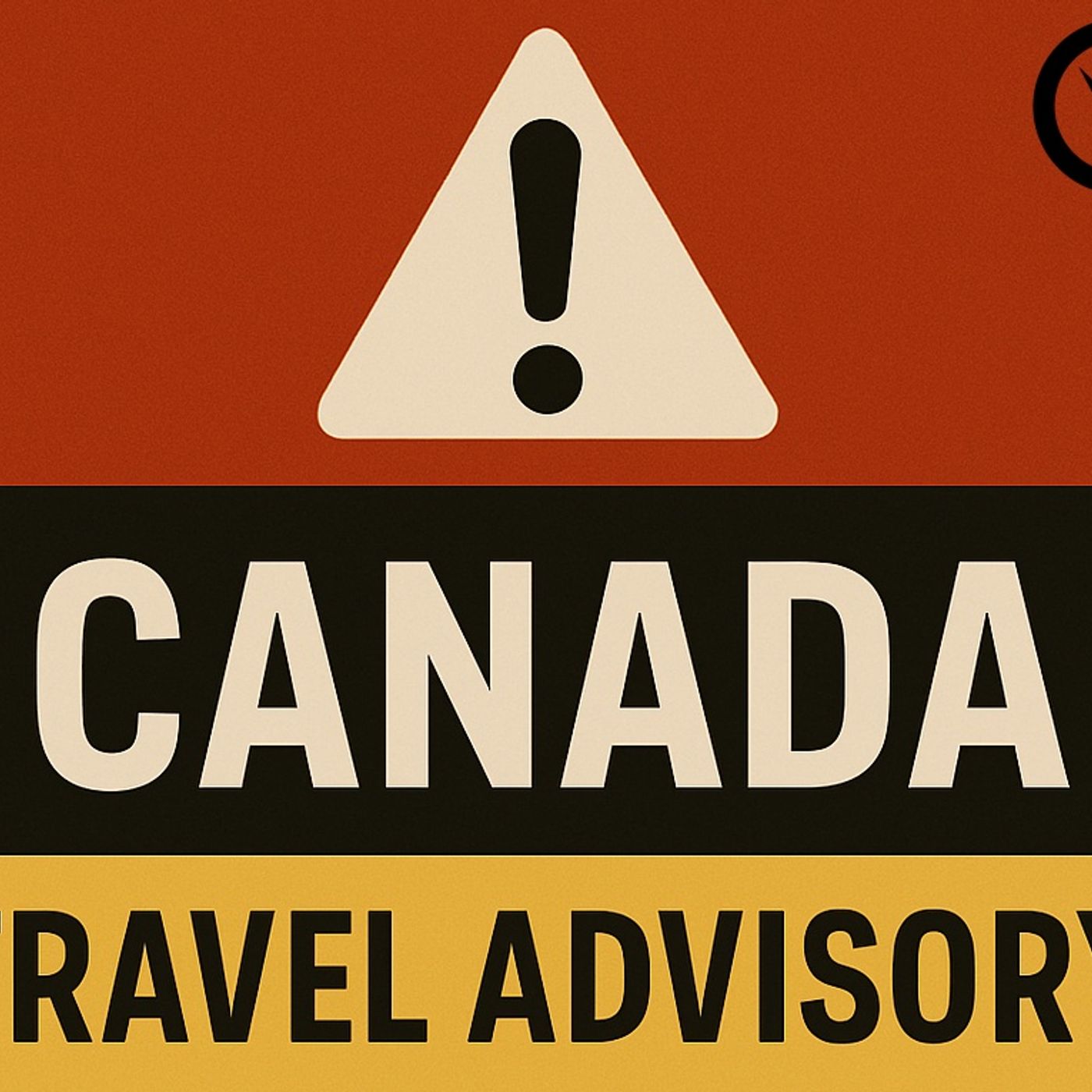Canada Travel 2025: Your Essential Safety Guide for a Secure and Memorable Summer Vacation
Update: 2025-08-06
Description
Travelers considering a trip to Canada in August 2025 can expect a high standard of safety and security across the country. The U.S. Department of State issued a Level 1 Canada Travel Advisory as of June 11, 2025, which means travelers should exercise normal precautions. No elevated risk categories or widespread restrictions are currently in place for Canada, making it one of the safest international destinations available.
Canada is known for stable governance, low crime rates overall, and reliable emergency services. Still, as in any country, listeners should remain vigilant in urban centers, especially in busy areas of cities like Toronto, Vancouver, and Montreal. Minor crimes such as pickpocketing and opportunistic theft can occur, particularly in tourist hotspots and transit hubs. For these reasons, travel experts recommend using anti-theft bags, remaining discreet with valuables, and avoiding poorly lit locations at night, according to guidance recently published by Get In Canada.
Weather conditions in Canada can vary drastically by region and season even in the summer months. Sudden storms, wildfires in western provinces, or heat waves in southern Ontario and Quebec may occasionally disrupt transportation or pose health risks. Listeners planning outdoor activities or travel in more remote areas should monitor local forecasts via Environment Canada, pack appropriate gear including layered clothing and emergency supplies, and remain flexible in their travel planning.
Another important consideration is wildlife safety, especially for those exploring Canada's famed national parks and wilderness. Encounters with bears, moose, and other animals are rare but possible. Travelers are urged to maintain distance, store food properly, and familiarize themselves with official park guidelines.
Travelers should also be aware that Canadian authorities take public order seriously. Participation in or proximity to demonstrations can pose unexpected risks, as local authorities may enforce curfews or require travelers to follow specific instructions in the event of unrest. While Canada is not currently experiencing significant civil disturbances, listeners are still encouraged to avoid demonstrations and heed police instructions should any arise.
While Canada’s current risk environment is low, global events can shift rapidly. The Canadian government recommends that visitors register their trips with their home country’s consular service to receive security updates or emergency information. Travelers crossing back and forth to the United States should be prepared for occasional border delays or more intensive inspections, as recent U.S. travel advisories mention heightened scrutiny for certain travelers.
For a safe and enjoyable trip, use common sense precautions, stay up to date on local advisories, and keep emergency numbers such as 911 readily accessible. With these steps in mind, listeners can explore Canada’s vibrant cities, stunning wilderness, and unique cultural attractions with confidence during the summer of 2025.
This content was created in partnership and with the help of Artificial Intelligence AI
Canada is known for stable governance, low crime rates overall, and reliable emergency services. Still, as in any country, listeners should remain vigilant in urban centers, especially in busy areas of cities like Toronto, Vancouver, and Montreal. Minor crimes such as pickpocketing and opportunistic theft can occur, particularly in tourist hotspots and transit hubs. For these reasons, travel experts recommend using anti-theft bags, remaining discreet with valuables, and avoiding poorly lit locations at night, according to guidance recently published by Get In Canada.
Weather conditions in Canada can vary drastically by region and season even in the summer months. Sudden storms, wildfires in western provinces, or heat waves in southern Ontario and Quebec may occasionally disrupt transportation or pose health risks. Listeners planning outdoor activities or travel in more remote areas should monitor local forecasts via Environment Canada, pack appropriate gear including layered clothing and emergency supplies, and remain flexible in their travel planning.
Another important consideration is wildlife safety, especially for those exploring Canada's famed national parks and wilderness. Encounters with bears, moose, and other animals are rare but possible. Travelers are urged to maintain distance, store food properly, and familiarize themselves with official park guidelines.
Travelers should also be aware that Canadian authorities take public order seriously. Participation in or proximity to demonstrations can pose unexpected risks, as local authorities may enforce curfews or require travelers to follow specific instructions in the event of unrest. While Canada is not currently experiencing significant civil disturbances, listeners are still encouraged to avoid demonstrations and heed police instructions should any arise.
While Canada’s current risk environment is low, global events can shift rapidly. The Canadian government recommends that visitors register their trips with their home country’s consular service to receive security updates or emergency information. Travelers crossing back and forth to the United States should be prepared for occasional border delays or more intensive inspections, as recent U.S. travel advisories mention heightened scrutiny for certain travelers.
For a safe and enjoyable trip, use common sense precautions, stay up to date on local advisories, and keep emergency numbers such as 911 readily accessible. With these steps in mind, listeners can explore Canada’s vibrant cities, stunning wilderness, and unique cultural attractions with confidence during the summer of 2025.
This content was created in partnership and with the help of Artificial Intelligence AI
Comments
In Channel





